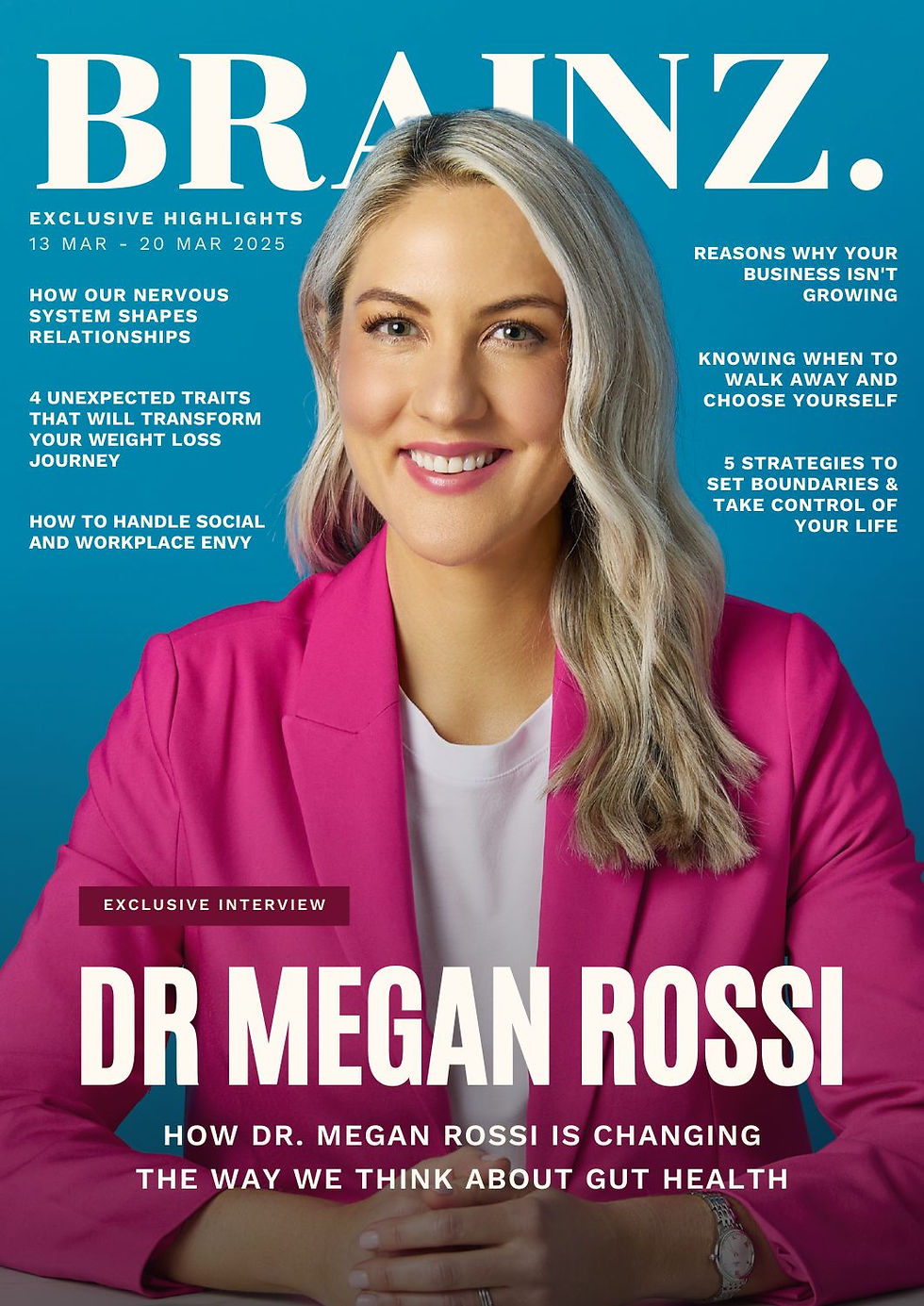Written by Beanie Robinson, Nutritionist
Beanie Robinson is one of London's best Nutritionists. She is the Founder of The Health Space, an online Nutrition Clinic that specializes in Weight Loss, Hormonal imbalances; PCOS, IBS, Gut health & Type 2 diabetes.

Protein is essential for everyone, but it holds particular significance for women, especially as they navigate different life stages. From managing blood sugar levels and keeping us full to supporting hormone balance and maintaining bone density, the benefits of protein are vast and varied.
Read on to find out how protein supports various aspects of women's health and why it's crucial to choose a variety of high-quality sources.

Managing blood sugar levels
One of the key benefits of protein is its role in managing blood sugar levels. Protein slows down the absorption of sugar into the bloodstream, which helps prevent blood sugar spikes and crashes that can lead to cravings and energy dips. Including 30g of a good source of protein at each meal can stabilise blood sugar levels, making it easier to maintain a balanced diet and manage weight.
Keeping us full
Protein is known for its satiating effect. It helps keep us full for longer periods, reducing the need to snack between meals. This is particularly beneficial for women trying to manage their weight or prevent snacking on ultra processed foods. By including enough protein in your lunch, you can feel satisfied for three to three and a half hours, which helps in making healthier food choices throughout the day.
Balancing hormones
Supporting hormonal balance through our diet and lifestyle habits is essential for overall health, and protein plays a significant role in this process. Proteins are made up of amino acids, which are the building blocks of hormones. Consuming adequate protein ensures that the body has the necessary components to produce and regulate hormones effectively, helping to mitigate symptoms related to hormonal imbalances, such as energy crashes & fatigue.
The role of amino acids
Amino acids are vital for many bodily functions, including tissue repair, immune function, and nutrient absorption. Essential amino acids, which the body cannot produce on its own, must be obtained from the diet. High-quality protein sources provide these essential amino acids, making it easier for the body to perform optimally. This is especially important for women, who experience increased demands for amino acids during pregnancy, breastfeeding, and as they age.
Protein for healing
Protein is crucial for the body's healing processes. It aids in repairing tissues, muscles, and skin, making it essential for recovery after illness or injury. For women who are active & are involved in regular exercise, adequate protein intake helps repair muscle fibres and reduces recovery time. It also supports the immune system, helping to ward off infections and illnesses.
Maintaining bone density
As women age, maintaining bone density becomes increasingly important to prevent osteoporosis and other bone-related issues. Protein plays a crucial role in bone health by supporting the production of bone matrix and supporting calcium absorption. Including sufficient protein in your diet (30g per meal) can help maintain strong bones, reducing the risk of fractures and bone loss as you move through the decades.
Choosing high-quality lean proteins
To reap the full benefits of protein, it's essential to choose a variety of high-quality sources. Lean proteins are ideal as they provide the necessary nutrients without excessive fat. Here are some excellent options:
Organic Eggs: Packed with high-quality protein and essential nutrients, eggs are a versatile and convenient option.
Organic Dairy: Options like full fat Greek yogurt, cottage cheese, feta and goats cheese provide protein along with calcium and other vital nutrients.
Lean Organic Meats: Chicken, turkey, venison, and lean cuts of beef offer substantial protein without the added hormones and antibiotics often found in conventional non-organic meat products.
Organic Tofu and Tempeh: For those following a plant-based or vegan diet, tofu and tempeh are excellent sources of complete protein.
Legumes & peas: Lentils, chickpeas, beans, edamame, and other legumes provide protein along with fiber, making them a nutritious addition to any diet.
Organic Unflavored Protein Powder: Organic whey, hemp or pea. A convenient way to boost protein intake, especially for those with busy lifestyles or increased protein needs. The beauty of unflavoured protein is it can be added to both healthy pancakes, chia puddings, smoothies and soups or healthy dips like hummus.
Avoiding "fake proteins"
It's important to be cautious about "fake proteins" or highly processed meat substitutes like Quorn. These products often contain fillers and additives that do not offer the same nutritional benefits as quality whole food sources. For those who are plant-based or vegan, it's crucial to plan meals carefully to ensure adequate protein intake from a variety of unprocessed sources.
Protein is a vital nutrient that supports numerous aspects of women's health, from managing blood sugar levels and keeping us full to balancing hormones and maintaining bone density. By incorporating a variety of high-quality lean proteins into your diet, you can enhance your overall well-being and support your body's needs at every stage of life. Remember, the quantities don't need to be huge, but including enough protein at each meal, especially lunch; example organic chicken and chickpeas, can help you stay satisfied and energised throughout the day.
Beanie Robinson, Nutritionist
Beanie Robinson is a leader in sustainable healthy weight loss, hormonal imbalances; PCOS & IBS. Her personal journey with PCOS left her searching for a natural and holistic way of alleviating her symptoms. She has since dedicated her life to helping others optimise their health through Nutrition & Lifestyle medicine. Beanie passionately believes in our bodies capacity to heal & guides clients on their journey to full health & vitality.


